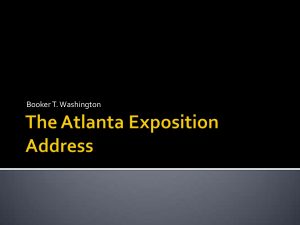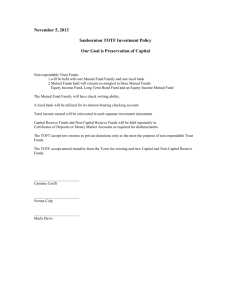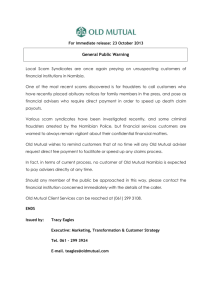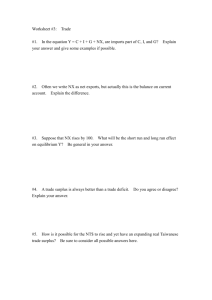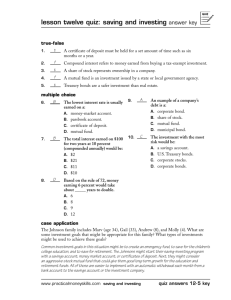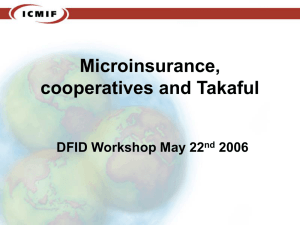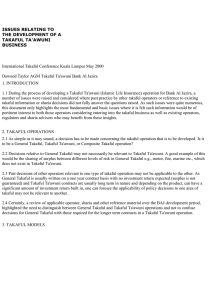Hybrid Structures * why?
advertisement
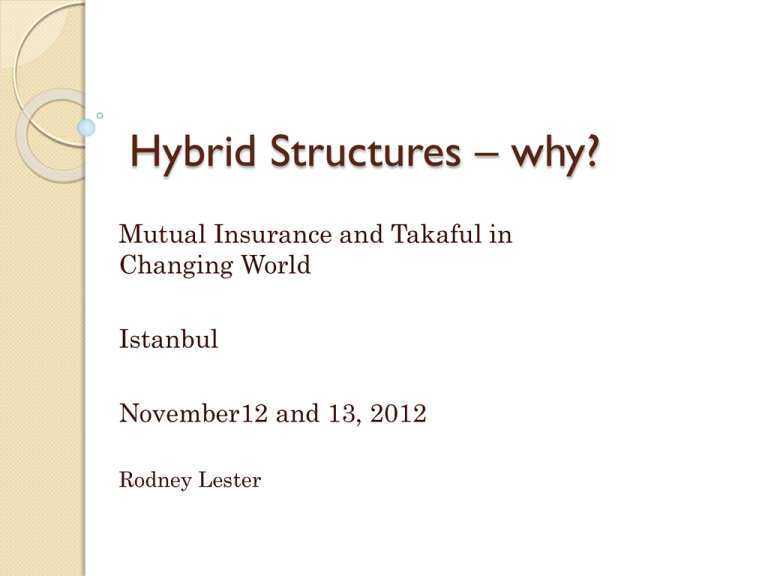
Hybrid Structures – why? Mutual Insurance and Takaful in Changing World Istanbul November12 and 13, 2012 Rodney Lester Hybrid: ‘Composite; formed or composed of heterogeneous elements’ For our purpose: Combined mutual risk sharing and profit making activity Hybrids are not uncommon US Reciprocals – 25% members USAA Group, US Physicians US Mutual Holding Companies – Pacific Life Segregated and statutory funds – British Commonwealth insurers Friendly Societies – Europe and ex colonies Takaful –mutual guarantee Why do they exist – 6 vectors Mutual but with capacity to raise capital Prudential controls enhanced Client base – self selected group Taxation differentiation Principal/ agent concerns – better control of conflicts. Nature of client relationship to institution – exchange, commuting, utmost good faith, transparency ,ability to assign etc? Mutual holding companies Voting rights Policyholder/ member Mutual HC > 50% Shareholder holding company Policy Shareholder insurer Investors < 50% Vector MHC Attributes Client base Unrestricted Taxation Corporate tax. Tax free internal roll up for life. Prudential In line with commercial insurance Principal / Agent Governance – MHC board, insurer boards – question over conflicts of interest. A transition vehicle? Client relationship Risk transfer Capital raising Equity, surplus notes etc Reciprocals Subscriber’s Advisory C’tee Unincorporated association Subscribers Individual Subscribers’ Savings Accounts Paid in surplus account Attorney – usually operates on combined cost recovery/ partnership basis. Vector Reciprocal Attributes Client base Common interest group –with liability exposures if risk retention group tax status. Taxation Fees to Attorney and dividends to SSAs are tax deductible to exchange. Prudential Normally in line with commercial insurance. Surplus through two member accounts. Principal / Agent Governance through subscriber appointed committee that appoints attorney. Client relationship Mutual guarantee through subscriber / attorney agreement and joint subscriber agreement; insurable interest is intrinsic. Capital raising Capital contribution at entry. Family Takaful Participants Savings Fund – individual accounts Risk sharing fund Fluctuation provisions Board Operator – partnership or agency or combined Sharia Board Vector Reciprocal Attributes Client base Unrestricted Taxation Tax incentives in Malaysia – otherwise tax neutrality. Prudential Still evolving but normally in line with commercial insurance – an issue because of Qard.. Principal / Agent Governance still being resolved – but contributors typically not represented. Client relationship Ideally a non commuting joint guarantee, no assignment w.o. genuine exposure Capital raising Qard from operator, surplus accumulation The key challenge for Takaful Trading off the attributes of an efficient risk sharing mechanism with the design limitations imposed by the relevant market – • • • • • • Risk pricing Reinsurance Asset risk Capital management Treatment of surplus Governance Prophet Muhammad asked a Bedouin who had left his camel untied, “Why do you not tie your camel?” The Bedouin answered “ I put my trust in God”. The prophet then said, “Tie up your camel first and then put your trust in God”.
